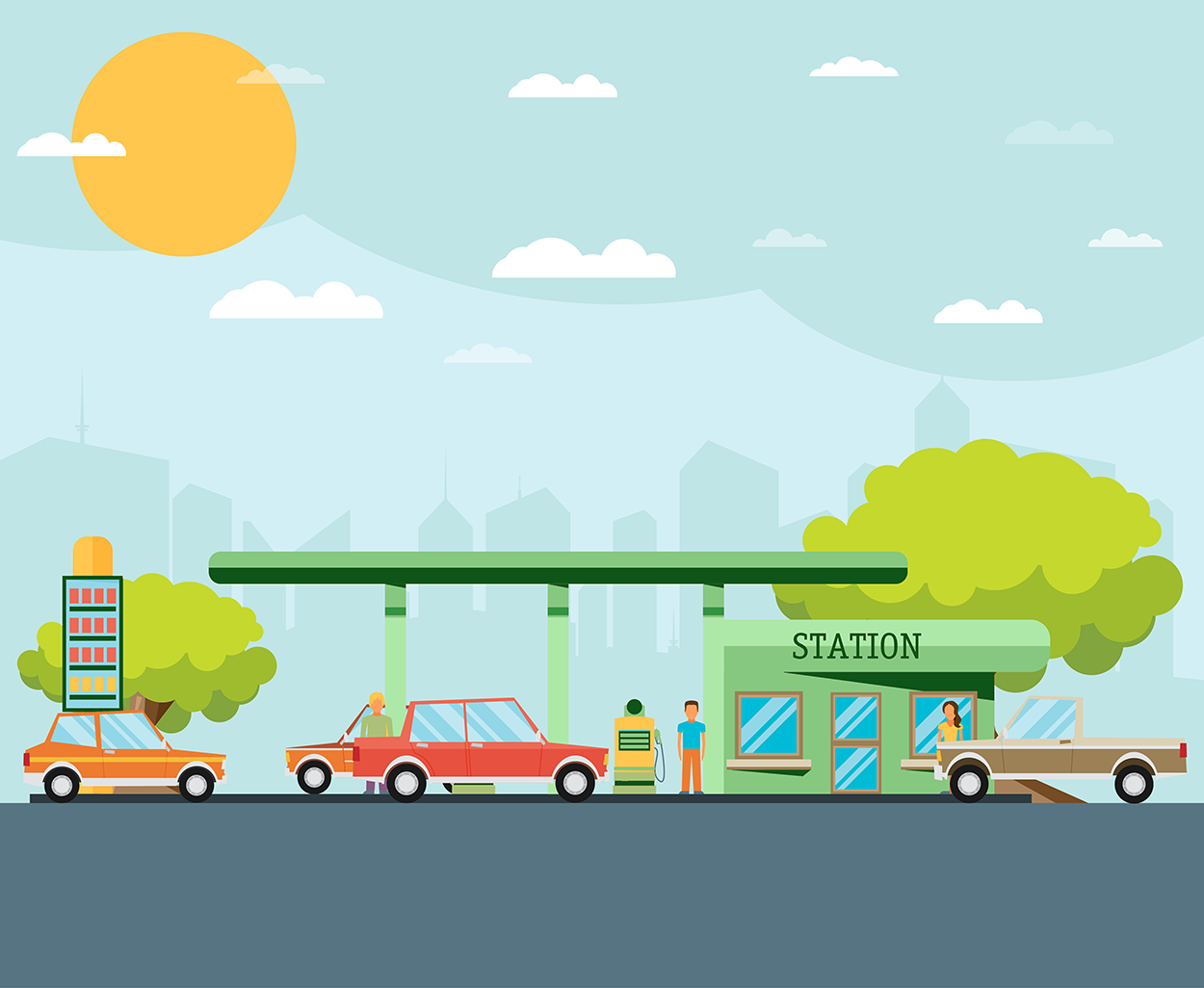This calculator will help you to determine whether or not driving the extra miles to a cheaper gas station will actually save you money.
Current Columbus Auto Loan Rates
We publish current Columbus auto loan rates for new & used vehicles. Car buyers can use these quotes to estimate competitive loan rates before dealing with an auto dealership in a negotation where the dealer has the upper hand and charges too high of an interest rate or tries to require unneeded extended warrany programs as a condition for extending funding.
Is It REALLY Cheaper Over There?

Consumers pursue various cost-saving measures to trim transportation expenses and land the most bang for their buck. Operational costs go well-beyond the purchase price of vehicles, so there are many opportunities for savings within car-owner budgets.
Grasping the wide-angle view of vehicle expenses requires deeper analysis than looking at a loan statement. Various calculators help compare and contrast the comprehensive costs associated with driving, enabling prudent transportation decisions to be made – based on solid math. To use calculators properly, all the variables associated with driving must be accounted for, including the cost of gas.
Driving Expenses Go Beyond Vehicle Purchases
The cost of vehicle ownership is not limited to its purchase price, or financing expenses. These are real costs, but they reflect what it takes to get you on the road, without accounting for the ongoing spending that keeps you there.
Car loans carry consumer-friendly interest rates, especially when incentives and promotions are put-forth by dealers. Single-digit rates are common, even falling to 0% financing offers under certain unique conditions. As you compile your automotive budget for review, monthly principal payments and added interest provide two key inputs to compare. Principal is amortized over the course of the loan, split into unequal payments, so that interest can be added without skewing payment requirements. While required monthly payment amounts remain static, the way the money is split between interest and principal payments changes over the course of the loan.
Add-ons like extended warranties are also factored-in to accurate car budgets, as well as sales tax and other fees associated with auto financing. Once owned, vehicles require licensing and registration, which adds another expense category to the overall cost of staying mobile.
Car insurance provides another cost reference point requiring analysis for automobile owners. Annual premiums are divided by twelve to determine monthly costs, which are plugged-in to savings calculators alongside additional automobile information. Older, less expensive cars, with fewer high-performance features receive the best automobile insurance rates, provided applicants have clean driving records.
Mechanical Considerations for Car Owners
Navigating the automotive market calls for consumers to evaluate car prices, financing rates, insurance costs and license and registration fees. Each of these inputs provides valuable information about individual transportation expenses, but there is another area of consideration on the horizon once ownership transfers are complete.
Cars are sophisticated machines, requiring ongoing repairs and maintenance. Budgeting for such expenses is not always straightforward, because machines malfunction irregularly, throwing pop-up budget entries into car-owners' overall schemes. While oil-changes and tire replacement expenses can usually be anticipated, mechanical vehicle failures cannot.
Perhaps the most fundamental ongoing expense, beyond the purchase price and repair cost of a vehicle, is gasoline. Fossil fuel prices vary according to market conditions, but there are some generalizations to be made. For example, vehicles with higher MPG ratings always outperform others with less consumer-friendly mileage rates.
Depending on your habits, moving toward fuel-efficiency might be the best way to save on your overall car costs. While you can't set the price of gas, where you buy it is within your control. Gas station pricing calculator guides decision-making for informed consumers, evaluating the benefits of traveling to stations offering lower gas prices. In some cases, it is worthwhile to go out of your way for cheaper gas – the calculator illustrates when it is not.
 Gas Station Pricing Calculator
Gas Station Pricing Calculator